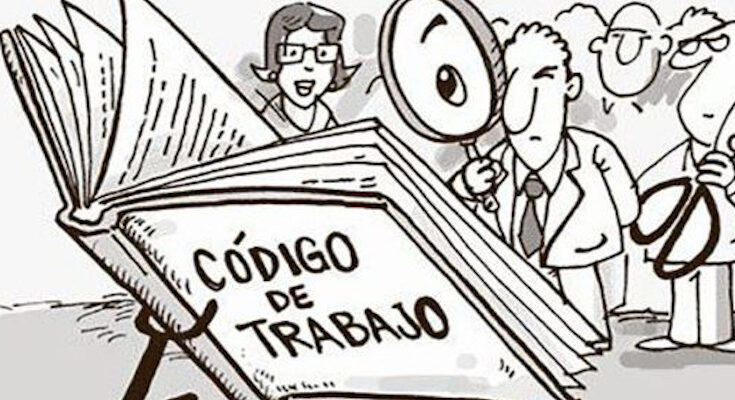
The draft Labor Code, open for consultation by Cuban workers—state and non-state—until November 30, is characterized by being truly authentic, cutting-edge, and unique in the world.
This is attested by Olgalidi Alapon Travieso, an expert from the Legal and International Relations Department of the Ministry of Labor and Social Security (MTSS by its Spanish acronym), who, along with representatives from various agencies and organizations, university professors, academics, and union officials, participated in the drafting of this new text.
Moreover, she has the privilege of having participated in the creation of the current Labor Code, approved by the National Assembly of People's Power in 2013 and which entered into force a year later.
Therefore, more than 10 years have passed, a period in which various regulatory provisions on labor and legal matters have emerged, including decree-laws, decrees, and resolutions—11 in total—all of which are now unified and give an integrative character to the future legislation, the specialist notes.
As an example, she emphasizes that this includes everything related to material responsibility, its requirement for work groups, training and improvement of state interest, and some other regulatory provisions of the Ministry of Social Security (MTSS) related to the protection of people working in temporary processes of utmost importance.
But the first thing that motivated the modification of the current Labor Code was the Constitution of the Republic, approved in 2019, whose economic and political foundations, as well as the duties, rights, and guarantees of workers were endorsed therein, since its implementation would take place in a Cuba that has undergone profound transformations.
As if that were not enough, the expert explains, in the Temporary Working Group created to draft the draft, which ended up in 20 versions, many issues were considered related to everything that needed to be modified, the things that needed to be removed, and the additions that were in keeping with the current situation.
Some 90 international conventions ratified by Cuba were analyzed, as well as the current declarations of fundamental rights, to which our country is also a signatory—in short, a wide range of international legal instruments, Alapon Travieso emphasizes.
We also studied the comparative legislation of 17 nations to understand their experiences and treatment of the issue, especially in Latin America, Europe, and Asia.
This was very beneficial in terms of expanding rights, granting guarantees, and covering everything related to worker participation, who are now responsible for enriching the draft so that Cuba has an authentic, advanced, and unique Labor Code in the world.
Sidebar

 Agencia Cubana de Noticias
Líder en información nacional
Agencia Cubana de Noticias
Líder en información nacional








Nos reservamos el derecho de no publicar los comentario que incumplan con las normas de este sitio